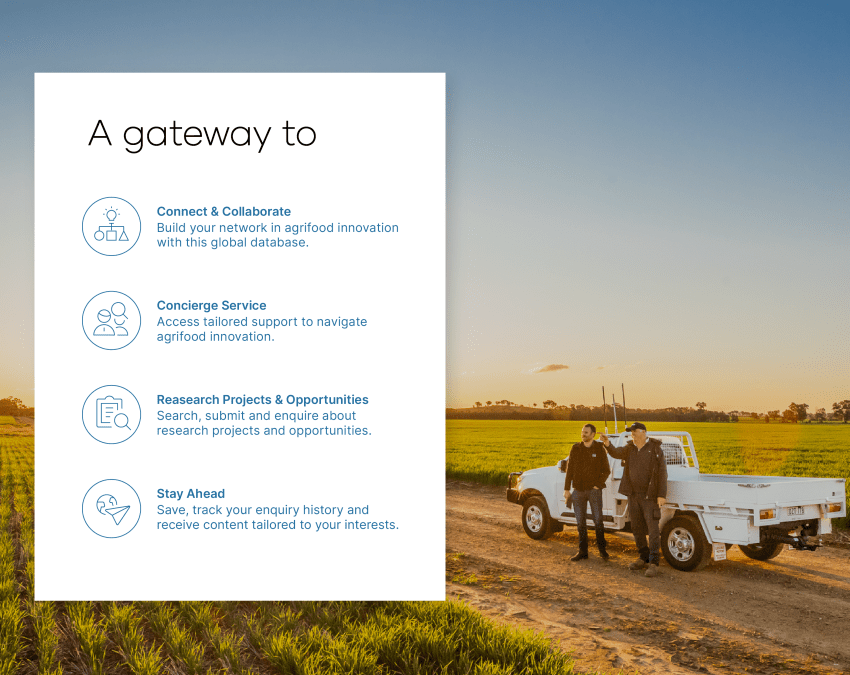
Use of a purge sensor to improve performance and reduce the need for supervision of batch centrifugals
All Australian sugar factories except one use batch centrifugals for producing shipment sugar from the high grade massecuites. Currently the operator has no transducers to advise when the wash water should be applied in the cycle to produce the sugar at the required pol but at the same time minimise the addition of wash water. By adding the water at the correct time in the cycle the quantity of wash water is minimised.
As the purging qualities of massecuites vary from strike to strike and even as stocks are depleted in a receiver, and the performance characteristics of individual centrifugals differ, the challenge for the operator is to set the process parameters to keep each machine operating efficiently.
This project assesses a purge sensor for application in Australian mills and provides an important step to tighter management of the centrifugal station and increased automation.
Related research projects
Search all research projects-crop-850x675.png)
Have questions?
Find out how we can help you.
Find answers to our most frequently asked questions on research projects, commercial opportunities, organisations and more.
Still have questions or have feedback on the site? Please get in touch by completing our enquiry form.

